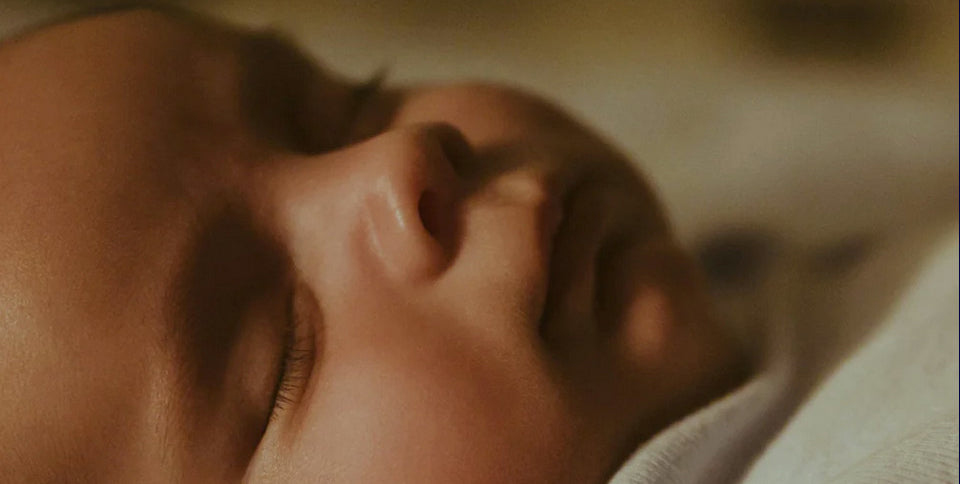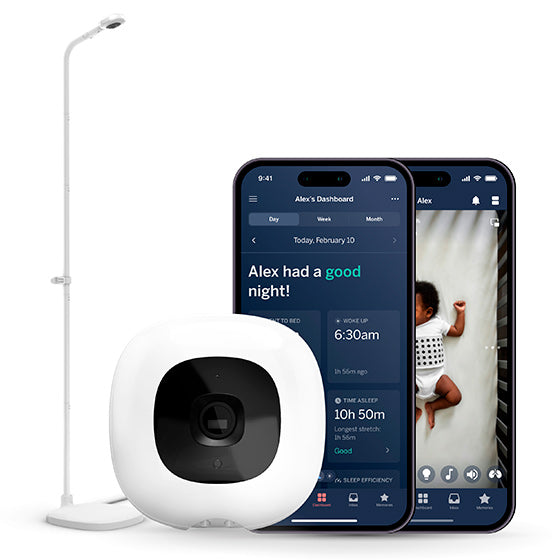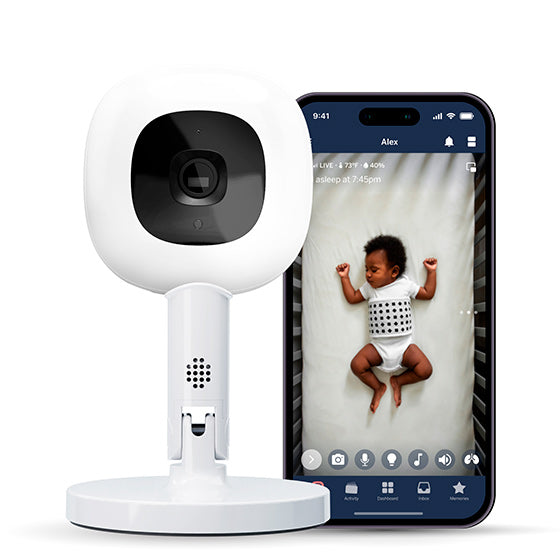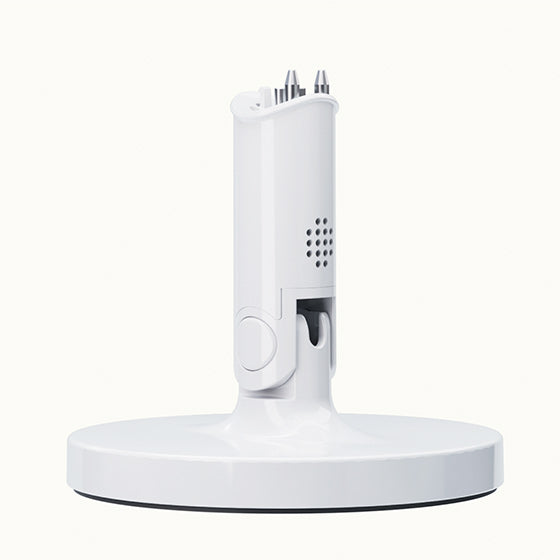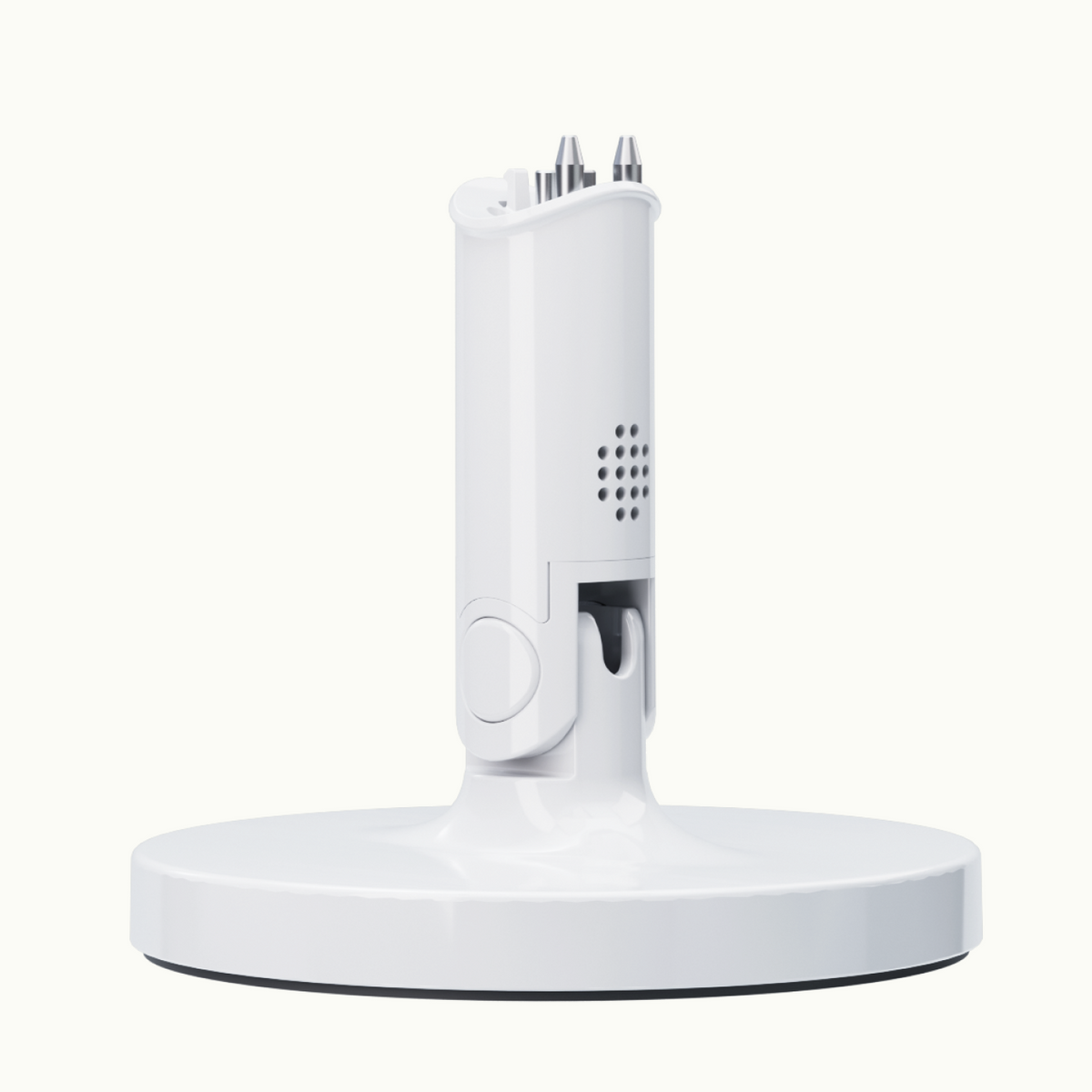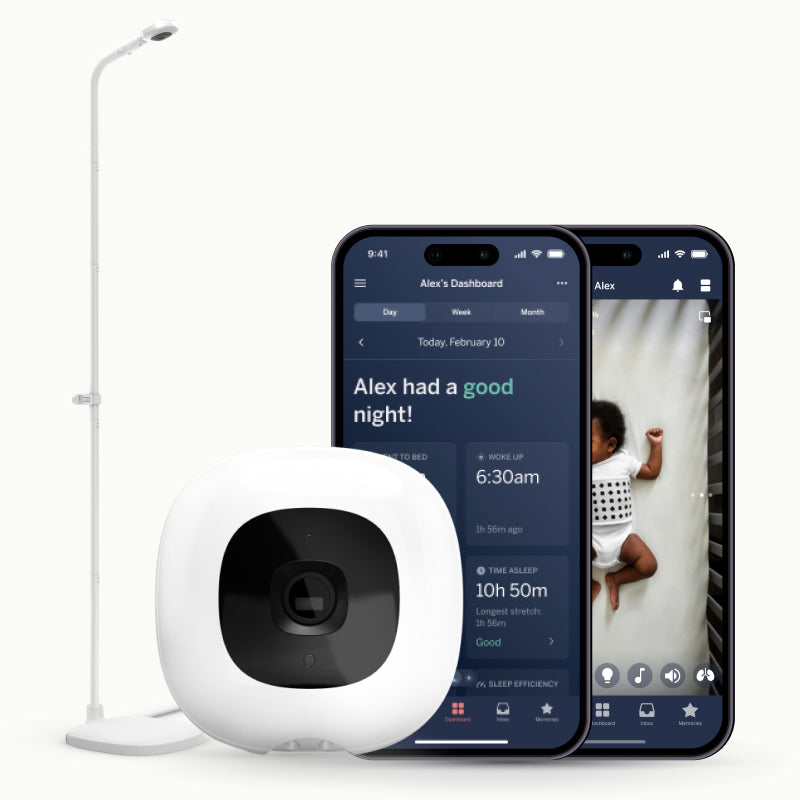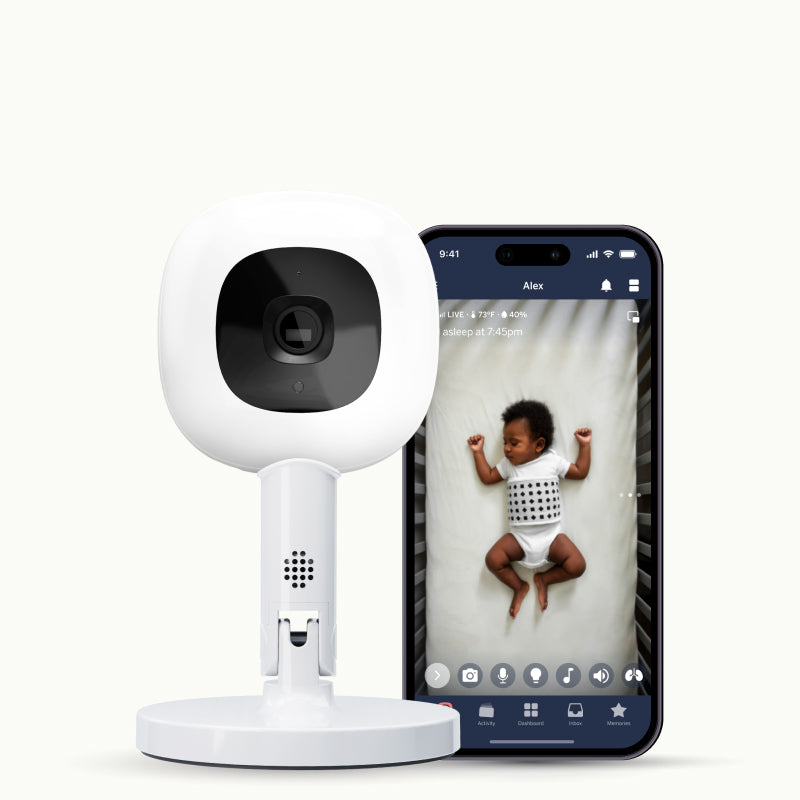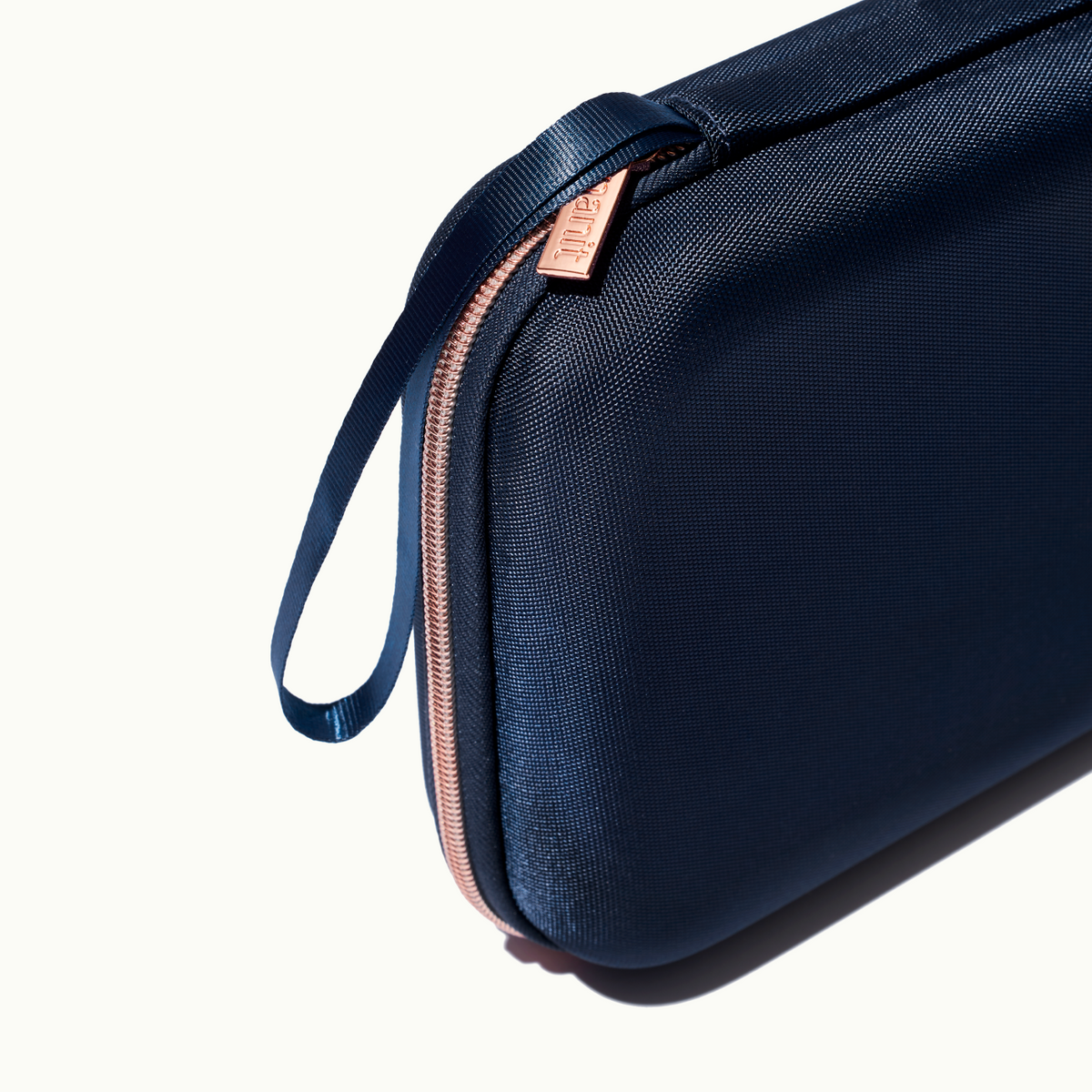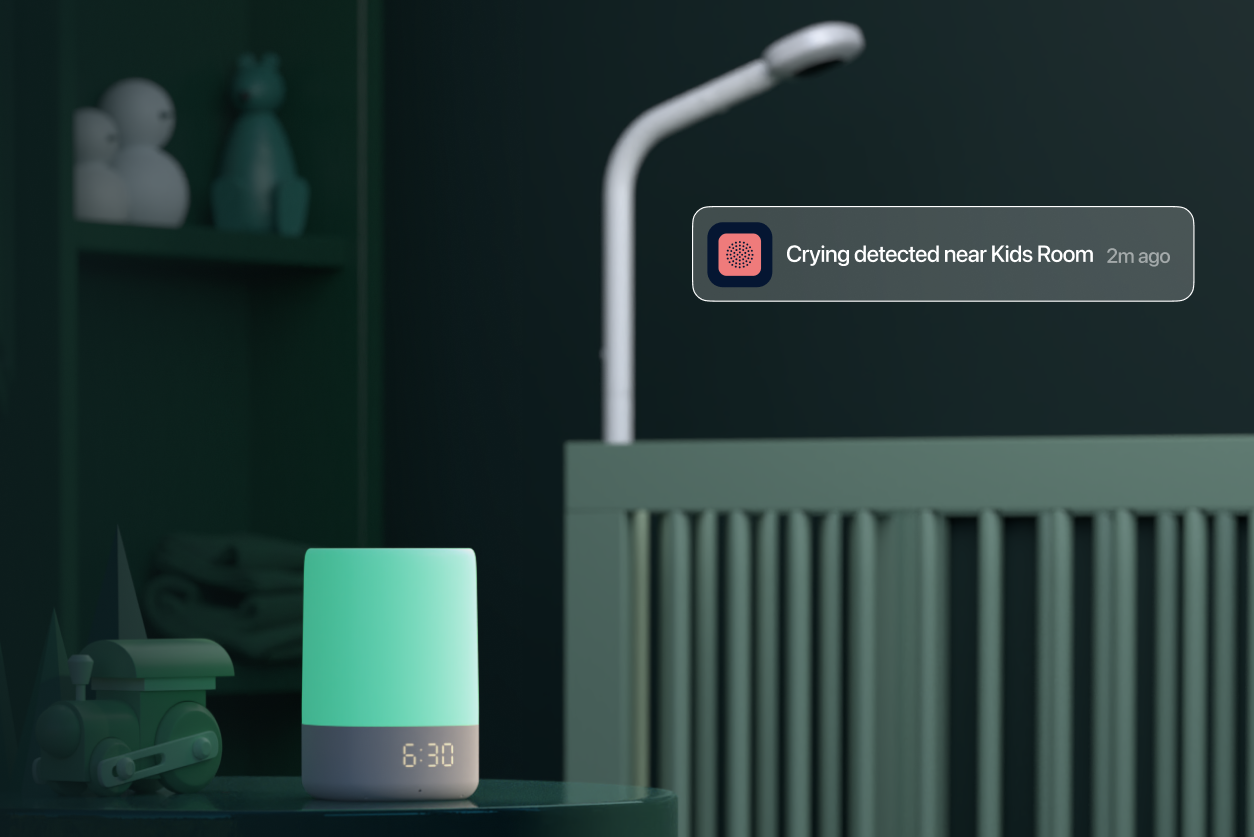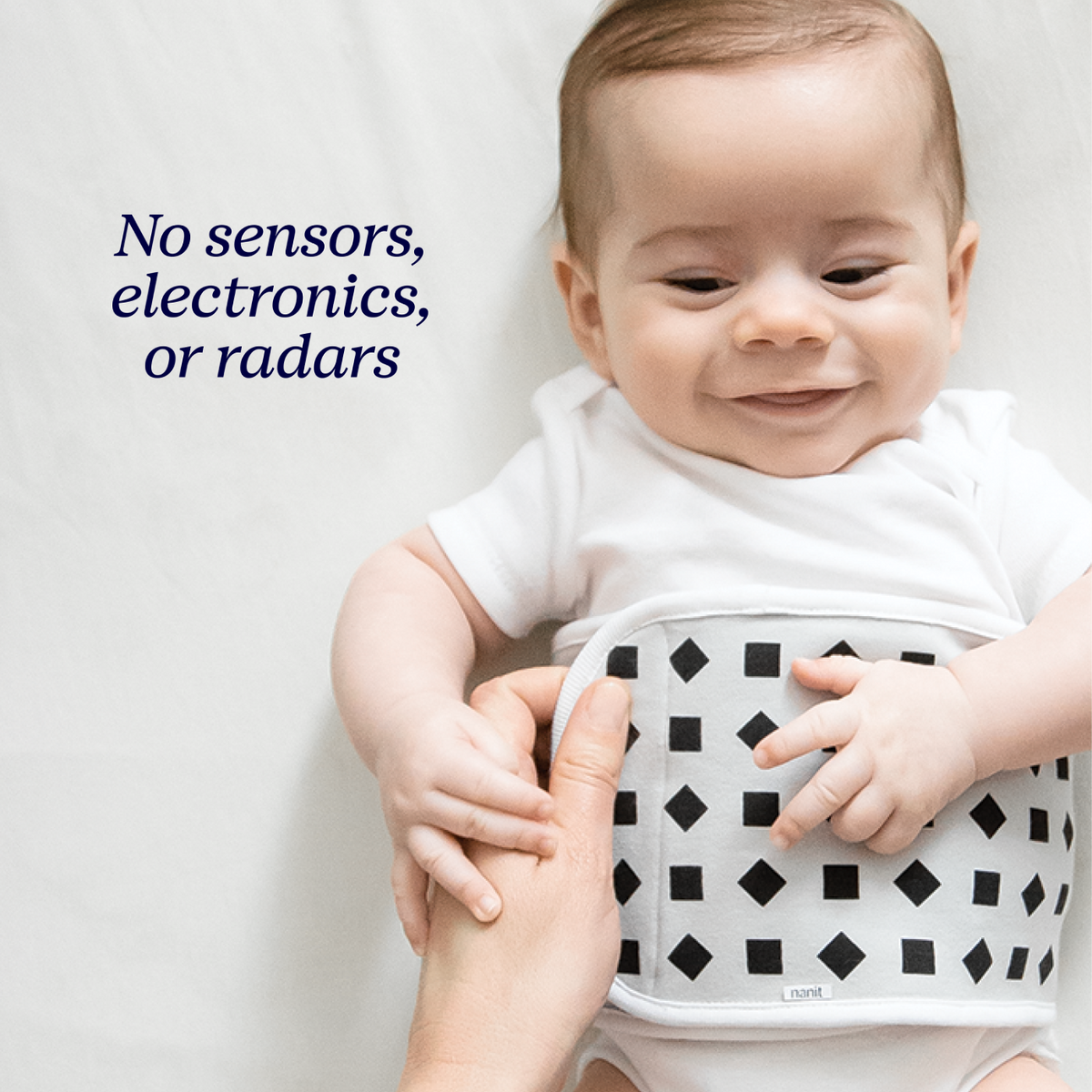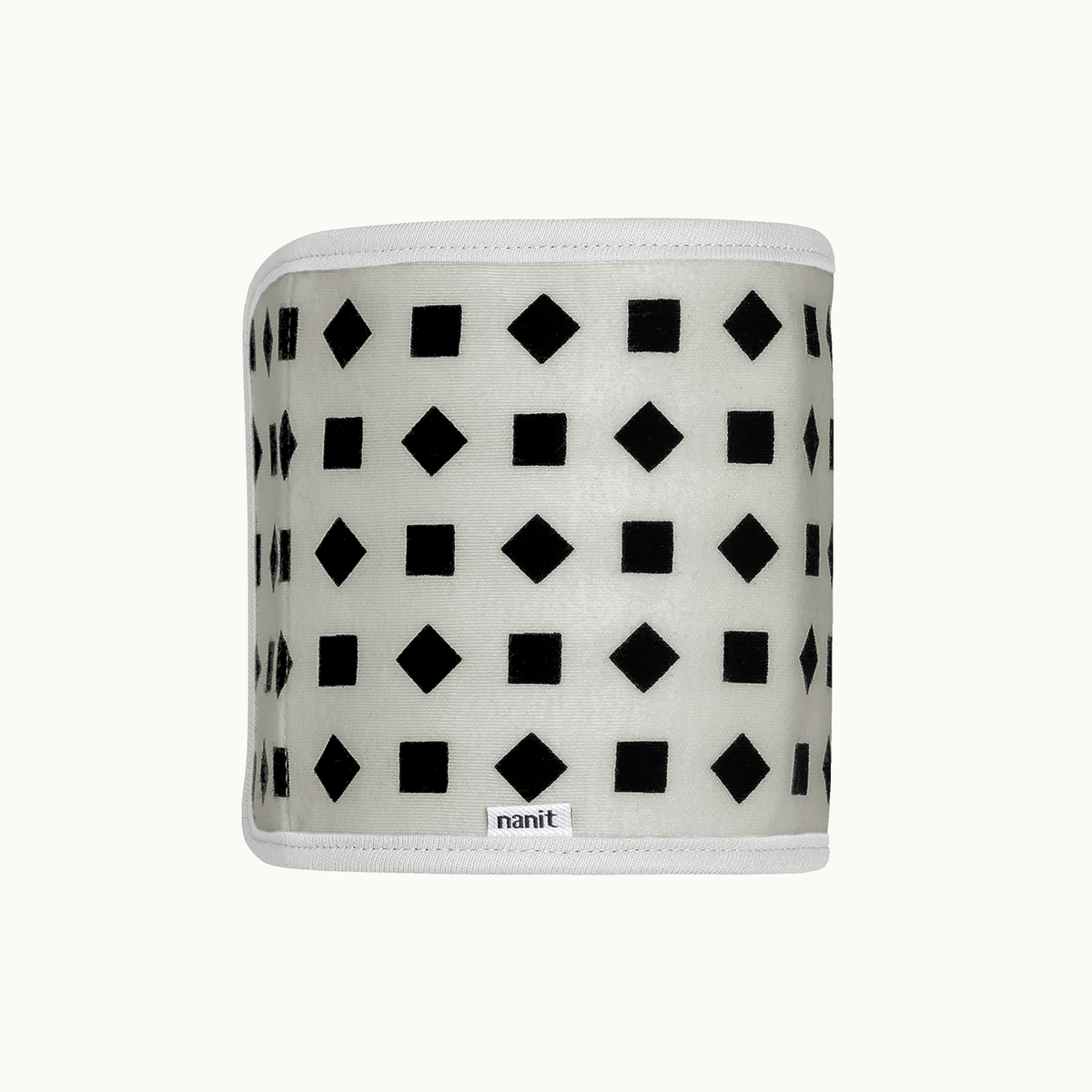There you are. Valentine’s Day. Things may look a little different—order in instead of fancy dinner out—but you’re trying. Chocolate covered strawberries chilling in the fridge. Lights turned down low. And that one glass of bubbly has made you forget your new parent exhaustion just enough to press play on the Let’s Get It On playlist.
And then…oh baby! That would be the 4-month-old one. Wails from the nursery beat out Marvin Gaye and douse any and all flickers of flames as fast as a cold shower.
Infuriating, isn’t it, how life has a way of, well, getting in the way? And for parents with a baby in the house, anything relating to sex may well be feeling like a long, distant memory.
The sort of good news? No, you’re not crazy for not being in the mood. No, you’re not the only ones to feel that way. And yes, it will get better!
Survey Says…
A recent study found that it's actually not how much or how well your infant sleeps at night, but how many times parents are visiting the crib during the night that has a direct effect on how much sex couples have.
In the study, researchers asked 897 parents of infants aged one to 18 months to complete a survey asking a variety of questions relating to sleep and sex, including how often parents had sex, how satisfying it was, and were parents okay with their amount of sleep (and sex!). During a two-week stretch, the study also looked at how the babies slept at night, how many nighttime wakeups the babies had and how often the parents visited the crib.
Results showed that couples in the study had sex on average three to four times a month. Not surprisingly, couples with newborns had sex less often than couples with older babies. The couples gradually had sex more often as babies got older, but that leveled off at around 6 months. And happily, whenever couples did find the time and energy to have sex, it was satisfying even if they were sleep deprived.
The biggest aspect that negatively impacts how often parents had sex? Nope, not how long the baby sleeps. Not even how often the baby wakes up. It’s all those nighttime crib visits! The study revealed that regardless of a baby’s age, when parents visited the crib during the night more often, it resulted in their having significantly less sex.
Other factors may also be putting a damper on parents’ sexy mood. According to the American Pregnancy Association, women four to six weeks after birth have less natural lubrication, making sex less comfortable. Breastfeeding can decrease lubrication as well. Postpartum depression can also play a role, or you may simply feel less attractive or confident as you did before your baby was born.
Will We Ever Have Sex Again?
Yes, absolutely! We’re here to tell you with confidence that your Doing It days are far from done. But it can take a minute (or 1000) to feel the sparks re-sparking. Here, a few ideas to help you get back into the sexy swing of things:
- Be kind to yourself. Your body just went through a LOT, so it’s extremely understandable that you may need some time after giving birth to heal and start to feel like yourself again. Share your feelings with your partner and those in your life who help you feel supported. Tune into what puts you back in touch with your body, be that the world’s softest nightie, a steamy shower, or a massage from your sweetie.
- Go slow. Foreplay is always a good thing, but especially in the wake of having a baby. More arousal equals more lubrication and easier, more comfortable sex. You might also consider using extra lubrication for a while. And pull in a few of the feel-good ideas from tip #1!
- Experiment with different positions. Your body may be more sensitive to certain positions than others in the first few months post birth. Options that allow for less deep penetration—like side-to-side—might feel better, especially if you had a C-section. Or focus on oral sex, manual touch, or try a new vibrator.
- Invest in a baby monitor. The science says it all! Less interruptions and crib-side visits during the night equal more sex. The Nanit Smart Monitor system helps parents keep track of their baby’s sleeping, letting you adjust elements like light, sound, and temperature, be aware of baby’s breathing patterns and sleep positions, and have clear viewing of baby during the night. The benefit? Better sleep for baby and parents with less nighttime crib visits needed. And sex!
- Practice your Kegels. Birth does a number on your pelvic muscles, which can also affect your enjoyment of sex. So, to tone and tighten them again, try Kegel exercises. The Mayo Clinic describes Kegels as imagining you’re sitting on a marble, then tightening your pelvic muscles as though you’re lifting that marble. Hold for a few seconds, then release. Work up to doing 10 to 15 Kegel reps three times a day.
Keep the faith. You and your partner’s sexy selves haven’t disappeared for good. As you’re taking care of your new little one, just make sure to take care of yourselves as well. A good night’s sleep is the perfect place to start.

